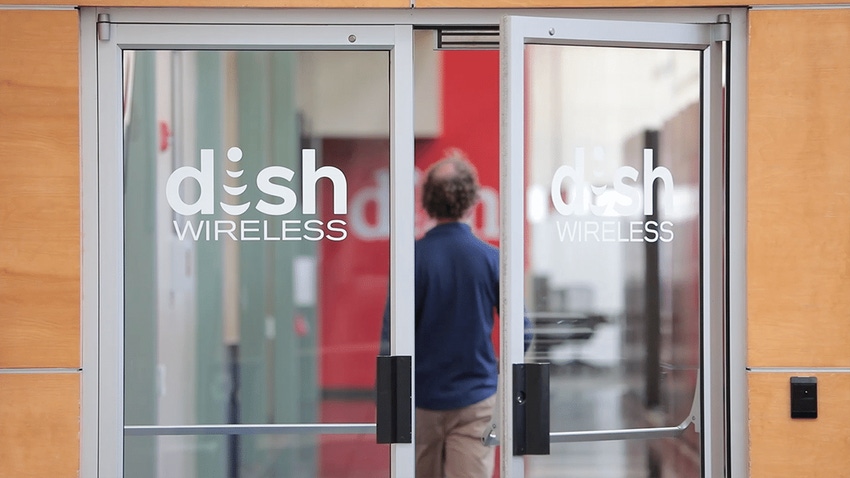Dish's free iPhone offer for Boost Infinite isn't a game-changer
Dish's new Boost Infinite plan that includes a free iPhone 14 will help, but not transform the company's ability to rake in subscribers, analyst says.

Dish Network's offer of a free iPhone 14 for its Infinite Boost service will offer some help for the budding postpaid mobile offering, but it's not expected to transform that part of the business, industry analysts reckon.
Dish's Boost Infinite on Friday (June 9) launched Infinite Unlimited+, a $50 per month offering that includes unlimited talk, text and data and, for the first time, an "iPhone 14 on us" with a device trade-in. Customers who take the free iPhone offer must agree to a 36-month contract.
Boost Infinite also sells a $25 per line service without any device subsidies.
Dish's new plan costs more, but the iPhone subsidy enables Dish to target the 70% of postpaid phone gross adds that require a new phone when they switch to a new carrier, New Street Research analyst Jonathan Chaplin explained in a research note.
But he also believes that Dish customers would be better off taking the $25 per month Boost Infinite plan and financing an iPhone purchase for 36 months at $19 per line separately. Chaplin also believes those iPhones currently will operate on the AT&T or T-Mobile networks, believing that Apple has yet to certify those devices on Dish's 5G network. But he does expect that to come together when Apple launches its new wave of iPhone products this fall and that older iOS devices will also be able to use the Dish network by then.
Dish launched Boost Infinite to a limited batch of customers in Q4 2022 and has been expanding availability and coverage ever since.
Minimal competitive impact expected
Chaplin doesn't expect Dish's latest Boost Infinite pair of offerings to have a big competitive impact on AT&T, T-Mobile and Verizon, or on a select group of cable operators, including Altice USA, Comcast, Charter Communications and Cox Communications, that have launched mobile services through respective MVNO deals.
"The new plans are likely to be helpful, but not transformative, for gross and net adds for Dish," he wrote. "Similarly, they are unlikely to materially impact subscriber trends at the national carriers or Cable."
The analyst also views the Boost Infinite plans as "less attractive" than the current free-line promotions from cable operators such as Charter's relatively new Spectrum One promotional bundle of home broadband and mobile. "Charter's first-year-free offer is still the best deal going," Chaplin wrote.
'Increasingly desperate' to sell assets and raise cash
Dish's new Infinite Mobile plans arrive on the scene as questions continue to circulate about the company's ability to raise enough funds for its 5G network buildout and if it will require an extension to hit future FCC-mandated dates tied to the buildout.
Dish, which has seen its stock drop by more than 60% in the past year, "appears increasingly desperate to sell assets and raise money" and is also facing "speculation from insiders that it could face bankruptcy," the New York Post reported late last week.
Dish Chairman Charlie Ergen is also looking to sell some of Dish's non-core assets to help raise cash, but anything that fits that category is a "drop in the bucket," the paper added, citing an unnamed source close to the situation.
Some industry-watchers believe Dish will seek an extension to its 2025 FCC 5G network coverage requirement.
"A 1-2 year extension would enable Dish to conserve, or at least delay, ~$2-3 billion of capital spending that would give it more runway to grow its consumer and enterprise subscriber base (while leveraging T-Mobile and AT&T's wholesale agreements for coverage)," analysts at Wells Fargo speculated last month.
Meanwhile, Dish's exploration of a merger with DirecTV – a scenario that Ergen views as "inevitable" – has stalled, the NY Post said.
Related posts:
— Jeff Baumgartner, Senior Editor, Light Reading
About the Author(s)
You May Also Like











